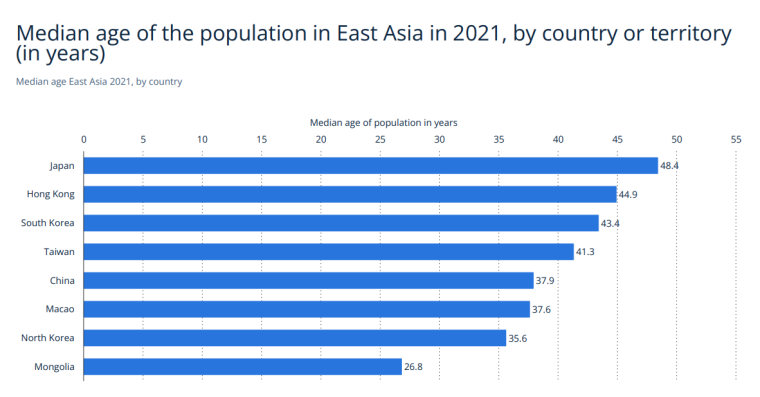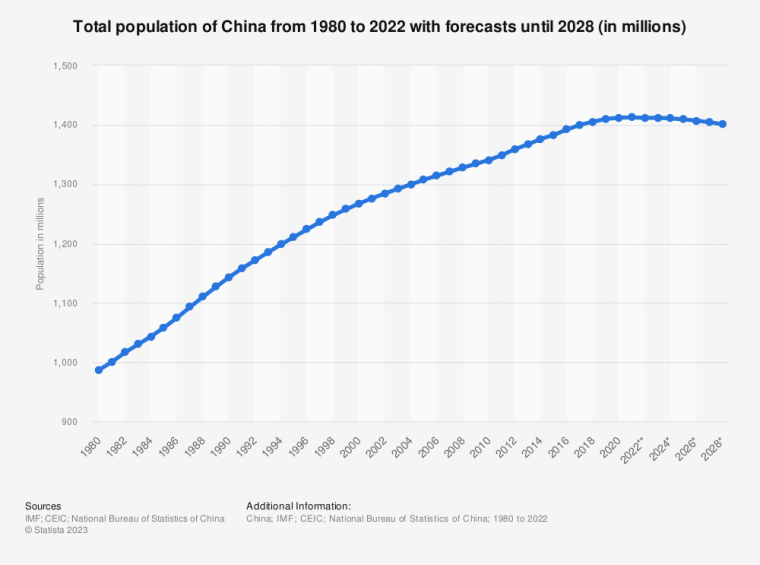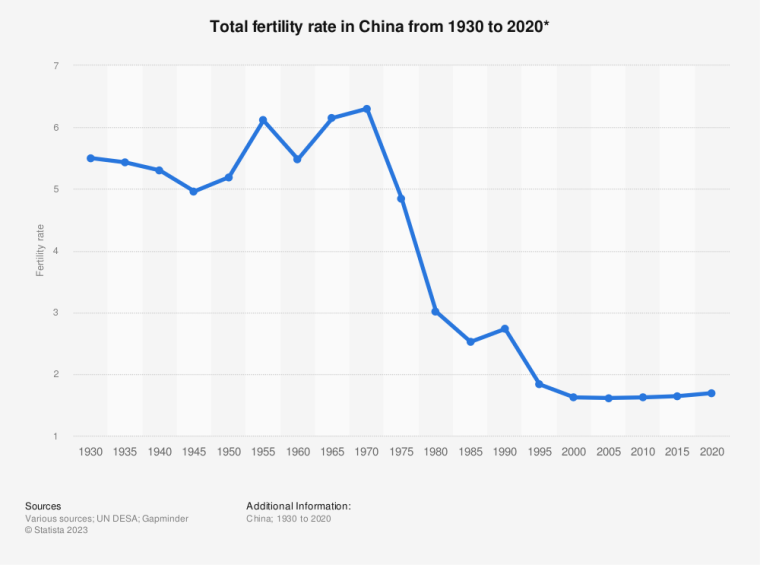
Chinese online travel agency Trip.com has set aside 1 billion Chinese yuan ($140 million) to provide cash subsidies aimed at motivating employees to have more children.
The initiative marks one of the first instances of a local tech company actively working to address the country’s declining birth rate, according to a recent report from the Financial Times.
The report detailed that Trip.com, which owns popular booking sites such as Ctrip, Skyscanner, and Qunar, will offer 10,000 Chinese yuan (around $1,400) in annual bonuses to employees for each child born until the child reaches the age of five.
However, only employees who have been with the company for at least three years will be eligible for the subsidies.
James Liang, the co-founder and executive chair of Trip.com, has long been engaged in demography and has actively advocated for changes in population policies.
He has also been pushing the government to reassess its approach for several years. Liang reportedly said in a statement:
“Through the introduction of this new childcare benefit, we aim to provide financial support that will encourage our employees to start or grow their families without compromising on their professional goals and achievements.”
One day before the CPC founding day, China's travel giant https://t.co/qzmfSCv2bA announced:
Global staff of >3 years will receive a cash subsidy of ~$1379/year for every new born for 5 years.
Prediction: large businesses in China with a party committee will follow suit. pic.twitter.com/eQeQGmjZE3
— Yaling Jiang (@yaling_jiang) July 1, 2023
Liang stands out among Chinese tech executives for publicly advocating on issues beyond business.
During the severe lockdown in Shanghai last year, he openly questioned the country’s zero-Covid strategy, resulting in a temporary suspension of his Weibo social media account.
In January, Liang warned that China’s declining birth rate and an aging population were even more severe and rapid than Japan’s, emphasizing the urgency of addressing the situation.
He proposed various policies to reverse the decline but acknowledged that cash subsidies from the government alone would not be sufficient.
Trip.com is one of the world’s largest online travel agencies with over 400 million users worldwide and a workforce of 30,000 employees.
China’s Declining Birth Rate Prompts Concern
China’s aging society has become a growing concern as the country’s population experienced its first decline in years, dropping by 850,000 to 1.412 billion people by the end of 2022.
Furthermore, the birth rate dropped significantly to the lowest recorded point, with only 6.77 births per 1,000 people, compared to 10.41 in 2019.
This demographic decline poses a threat that could surpass similar crises faced by other aging nations like Japan and Italy.
According to a recent UN study, India is poised to surpass China as the world’s most populous country by mid-2023.
The dwindling birth rate and rapidly aging society have become pressing concerns for the ruling Communist Party. The one-child policy, enforced for over three decades, played a significant role in limiting births.
However, with the sharp decline in birth rates and an aging population, officials are now urgently seeking methods to increase births.
President Xi Jinping recently highlighted population growth as a “vital issue” and has implemented various policies in response.
These initiatives include dismantling the costly after-school education system, enhancing parental benefits, and introducing stricter regulations for divorce.
The involvement of the private sector, demonstrated by Trip.com’s incentive program, may prove instrumental in supporting the government’s efforts.
“They could serve as an example,” Li Chengdong, the head of internet think-tank Haitun, stated, noting that the news could potentially motivate other companies to adopt similar measures.
He also noted that Trip.com’s success was unique, as its business has thrived following the easing of zero-Covid measures. “They made a lot of money in the first quarter,” he added.
The trend of Chinese companies incentivizing employees to have children is gaining momentum.
In June, sanitation group QiaoYin City Management announced its plan to cover the cost of diapers and infant formula for newborns, along with providing 100,000 Chinese yuan (around $13,800) bonuses for staff members with three children.
China is One of the Countries With Fastest Aging Population
China is not only the country with the largest population on earth, it is also one of the countries with the fastest aging population.
According to a Statista report, China’s population had a median age of 37.9 in 2021, the fifth largest in East Asia.
Japan, Hong Kong, South Korea, and Taiwan were the top four countries with the highest median age of the population in 2021, each at 48.4, 44.9, 43.4, and 41.3.

The report also projected that China’s population would drop from 1,411.75 million in 2022 to 1,401 million by 2028, falling by around 10 million over the next six years.

What makes these statistics even more stark is the dropping fertility rate of China.
The fertility rate of a country is the average number of children that women from that country will have throughout their reproductive years.
In 1930, China’s fertility rate was 5.5 children per woman, but fell to an all-time low in the early 2000s, when it was just 1.6 children per woman.
However, this number has increased to 1.7 today, and the two-child policy was reintroduced in 2016, replacing the one-child policy that had been effective for over 36 years.
